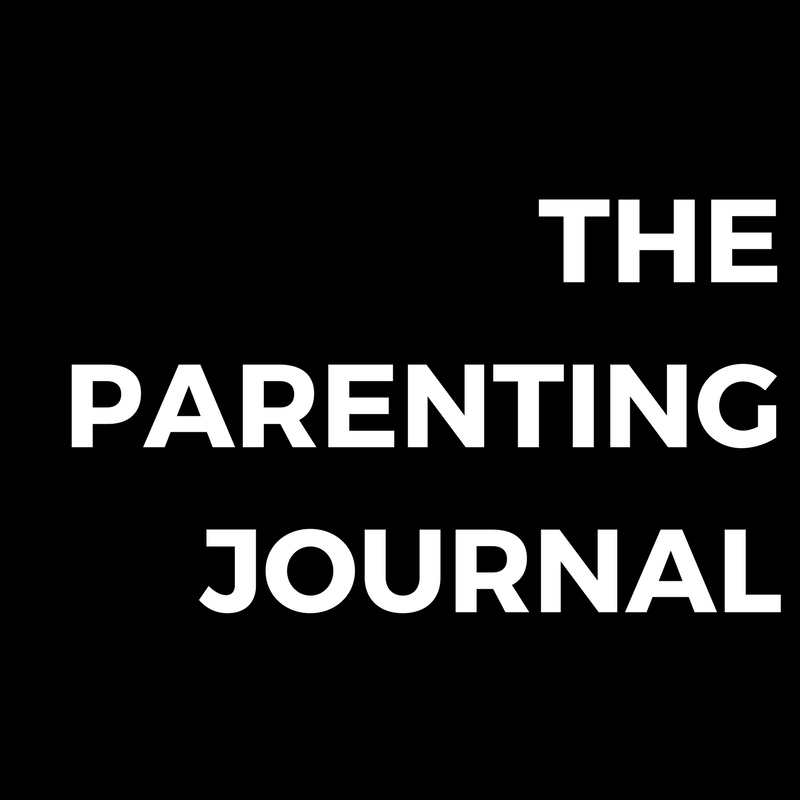
Gorgeous, clever Chrissy Teigen shares her personal battle with postpartum depression in Glamour Magazine's April edition.
It is well-written and empowering. It gives a voice to a sensitive, scary subject and it educates on some of the many ways we know today that Postpartum Depression manifests.
Like so many women's health issues - (i.e. polycystic ovaries and breastfeeding) - we have a lot to learn about postpartum depression.

A friend of mine said the other day,
"If we only had more women leaders in these research fields, we would know so much more about breast milk, fertility, and women's mental health."
We do have a long way to go in understanding all the variations of Postpartum Depression and all the possible treatments.
That said, we do know much more today than we did ten years ago. We need to be sharing this knowledge so that people know the truth (at least the truth we know today) about Postpartum Depression and are not stuck in the 90s definition of it.
4 Reasons Why Chrissy's Essay Matters
1. Chrissy spreads the truth on Postpartum Depression

Chrissy's story brings to light the truth (as we know it today) on this illness that affects so many. By continuing to spread this truth, we will:
(1) dispel the stigma associated with PPD (which comes from a false definition of it that circulated in the 90s)
(2) empower women who have PPD to feel normal about it and discuss it openly and
(3) educate on the symptoms of PPD to help women, their families and friends identify the symptoms accurately so when needed, women can get the proper treatment.
2. Chrissy shows you can still love your child and have severe postpartum depression

Throughout the essay, Chrissy's words illustrate her boundless love for her husband and her daughter. One of the (many) confusing things about PPD is that so many people think that in order to have it, you have to be detached from your child. This is simply untrue.
Chrissy writes:
"Before this, I had never, ever—in my whole entire life—had one person say to me: “I have postpartum depression.” Growing up in the nineties, I associated postpartum depression with Susan Smith [a woman now serving life in prison for killing her two sons; her lawyer argued that she suffered from a long history of depression], with people who didn’t like their babies or felt like they had to harm their children. I didn’t have anything remotely close to those feelings. I looked at Luna every day, amazed by her. So I didn’t think I had it." (Glamour)
Postpartum Depression can take so many forms. The anxiety part of it, for example, can be essentially the opposite of being detached from your child - it can be in actuality unhealthily "attached".
This postpartum anxiety, as Chrissy describes in her essay, can also create crippling pains in your body and have serious physical health consequences.
3. Chrissy illustrates the variety of Postpartum Depression symptoms

For Chrissy, her symptoms include:
- a lack of energy
- no motivation to leave the house
- inability to eat
- extreme anxiety that was physically hurting her body
- persistent irritable moods
Chrissy's PPD was undiagnosed for about ten months. She writes of her experience finally going to the doctor to get checked out:
"I went to my GP for a physical. John [her husband] sat next to me. I looked at my doctor, and my eyes welled up because I was so tired of being in pain. Of sleeping on the couch. Of waking up throughout the night. Of throwing up. Of taking things out on the wrong people. Of not enjoying life. Of not seeing my friends. Of not having the energy to take my baby for a stroll. My doctor pulled out a book and started listing symptoms. And I was like, “Yep, yep, yep.” I got my diagnosis: postpartum depression and anxiety. (The anxiety explains some of my physical symptoms.)" (Glamour)
4. Chrissy appeals to men and women and thus brings the Postpartum Depression discussion across the gender gap
 I mean... who does not want to look at Chrissy Teigen?
I mean... who does not want to look at Chrissy Teigen?
Chrissy's essay, written by her beautiful self (a beauty that both men and women can agree upon), crosses the gender barrier on Postpartum Depression. I also have PPD and immediately sent it to my husband with the thought,
"Look! This gorgeous being - Chrissy Teigen - is suffering too from Postpartum Depression!! I am not a failure. I am in her camp!"
Thank you, Chrissy!
So thank you, thank you, thank you, Chrissy. Your essay brings sunshine to our lives. I know it was a hard piece to write and scary to bear your soul. You are brave.
As the revered author Neil Gaiman spoke,
“The moment that you feel, just possibly, you are walking down the street naked, exposing too much of your heart and your mind, and what exists on the inside, showing too much of yourself...That is the moment, you might be starting to get it right.”
Chrissy, you got this right.
